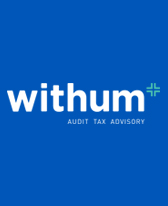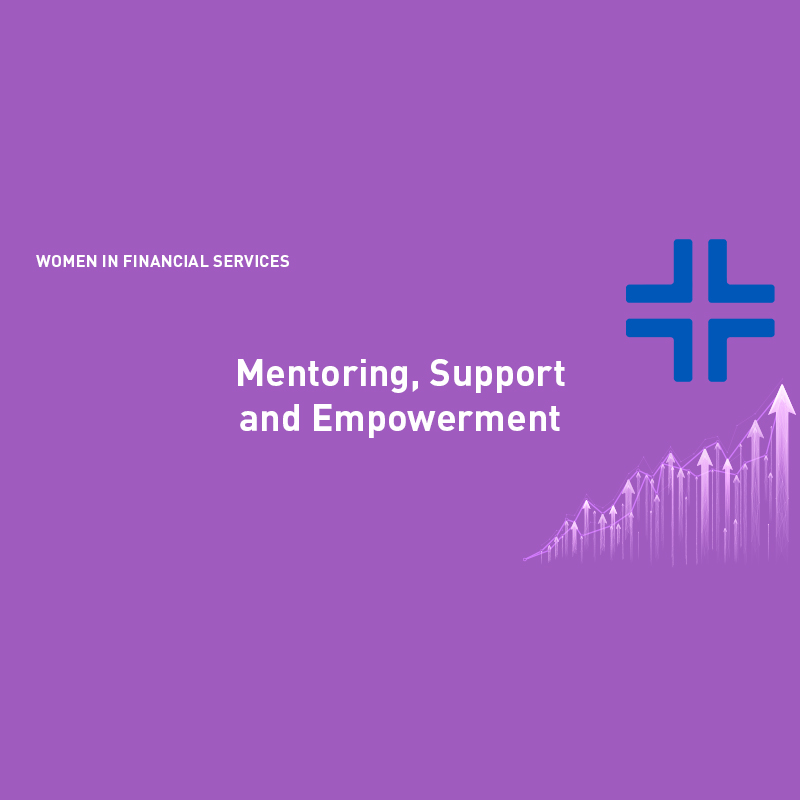The Next Step in Implementing T+2
Currently, the U.S. has a three-day settlement cycle (T+3). The Depository Trust & Clearing Corporation (DTCC), along with industry organizations including the Securities Industry & Financial Markets Association (SIFMA) and the Investment Company Institute (ICI), among others, believe that shortening the settlement cycle to T+2 will substantially reduce operational and systemic risk across the industry and for investors, lower liquidity needs, and limit pro-cyclicality. The shortened settlement cycle will also align the U.S. settlement cycle with other markets across the globe.
Following the publication of an industry whitepaper in June of 2015 by the Industry Steering Committee (ISC) detailing the steps required to move to a T+2 system, the ISC identified two specific work streams; The first dedicated to the development of an industry implementation plan and second a work stream dedicated to the development of an industry test approach. The industry implementation plan was set in December of 2015 and now the industry is preparing for the testing stage anticipated to begin in early 2017.
Initially planned for six months, testing, could be extended to nine. The test working group of the ISC identified three specific test processes that will be required for firms moving to T+2. The test processes include:
| Internal system testing |
| Testing with customers and other stakeholders |
| Testing with industry infrastructures and utilities |
Each organization’s internal testing, and testing with customers and stakeholders, is viewed as member-specific testing and will likely vary from firm to firm. Testing with industry infrastructures and utilities will include direct members of the DTCC subsidiaries, National Securities Clearing Corp (NSCC) and Depository Trust Company (DTC) as well as their service providers. Those direct members are banks and broker-dealers, whose fund manager clients may opt to test with them separately. The DTCC will not require its member firms to participate in the industry-wide testing, but it will ask them to certify they are T+2 ready.
September 5, 2017 is the date scheduled for T+2 to be in effect, set by the steering committee. Fund managers, broker-dealers, banks, and market infrastructures are now at work completing all the necessary prerequisite steps. They are relying heavily on a recently released playbook produced by the committee outlining what post-trade functions must be evaluated and by when they need to be altered before T+2 can take place.
The committee will likely decide in August 2017 whether to proceed with T+2 the following month or postpone the timing until November 2017 in a worst-case scenario. So far, the committee has yet to define the decision-making criteria it will use to consider a delayed start, but under no circumstances will it recommend the US stay at T+3. Most of Europe switched its settlement cycle to T+2 in October 2014 and Australia will do so imminently. Canada has decided to synchronize its timetable to match the US.
Even if testing goes well, that is not a final seal of approval for all financial firms. There is still much regulatory uncertainty. Deputy Director of the SEC’s Division of Trading and Markets, Gary Goldscholle, stated that the commission will change the text of its Rule 15c-6 to allow for two-day settlement before September 2017. Financial firms must plan for the SEC rule change and related changes from some self-regulatory agencies such as exchanges, the Financial Industry Regulatory Authority, and the Municipal Securities Rulemaking Board, which are also dependent on the SEC amending Rule 15c-6. Preparation for testing, implementation, regulatory rule changes and other unforeseeable issues that may come will play a factor in final start date for T+2 and make the next seventeen months in the financial services industry quite interesting.
 |
Joseph Fede, CPA T: 973-898-9494 jfedewith21dev.wpengine.com |
Ask Our Experts
To ensure compliance with U.S. Treasury rules, unless expressly stated otherwise, any U.S. tax advice contained in this communication is not intended or written to be used, and cannot be used, by the recipient for the purpose of avoiding penalties that may be imposed under the Internal Revenue Code.


